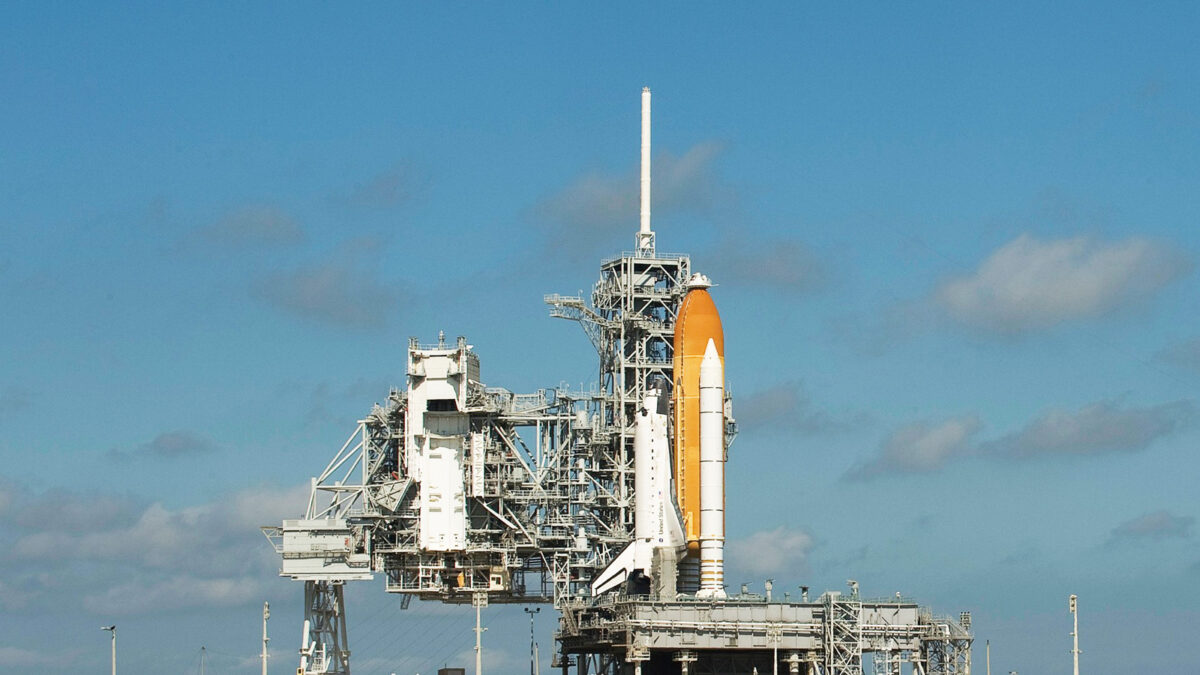
The Ingenious Creativity of Software Engineers
March 1, 2024




Aerospace engineers are among the smartest professionals, known for their expertise in designing and developing aircraft, spacecraft, and related systems. This field requires a high level of intelligence, technical knowledge, and analytical skills. Aerospace engineers must understand advanced principles of physics, materials science, and aerodynamics.
The journey to becoming an aerospace engineer typically starts with a bachelor’s degree in aerospace engineering or a related field. This education includes coursework in aerodynamics, propulsion, avionics, materials science, and structural analysis. Many aerospace engineers also pursue advanced degrees or certifications to specialize in areas such as space exploration, aircraft design, or defense systems.
The work of an aerospace engineer involves complex calculations, simulations, and the application of engineering principles to ensure the safety, efficiency, and reliability of aerospace vehicles. They use sophisticated software tools to model and analyze the performance of designs, identify potential issues, and develop solutions. Their high IQ helps them navigate the challenges of designing cutting-edge technology, conducting rigorous testing, and solving problems that arise during the development and deployment of aerospace systems.
Aerospace engineers must be detail-oriented and methodical, as even small errors in design or calculations can have significant consequences. They also need strong problem-solving skills and the ability to think creatively, as they often work on innovative projects that push the boundaries of current technology.
The aerospace industry is highly dynamic, with rapid advancements in areas such as unmanned aerial vehicles (UAVs), space exploration, and commercial aviation. Aerospace engineers play a crucial role in driving these innovations, making it a highly rewarding career for individuals with high IQs and a passion for engineering and technology.
